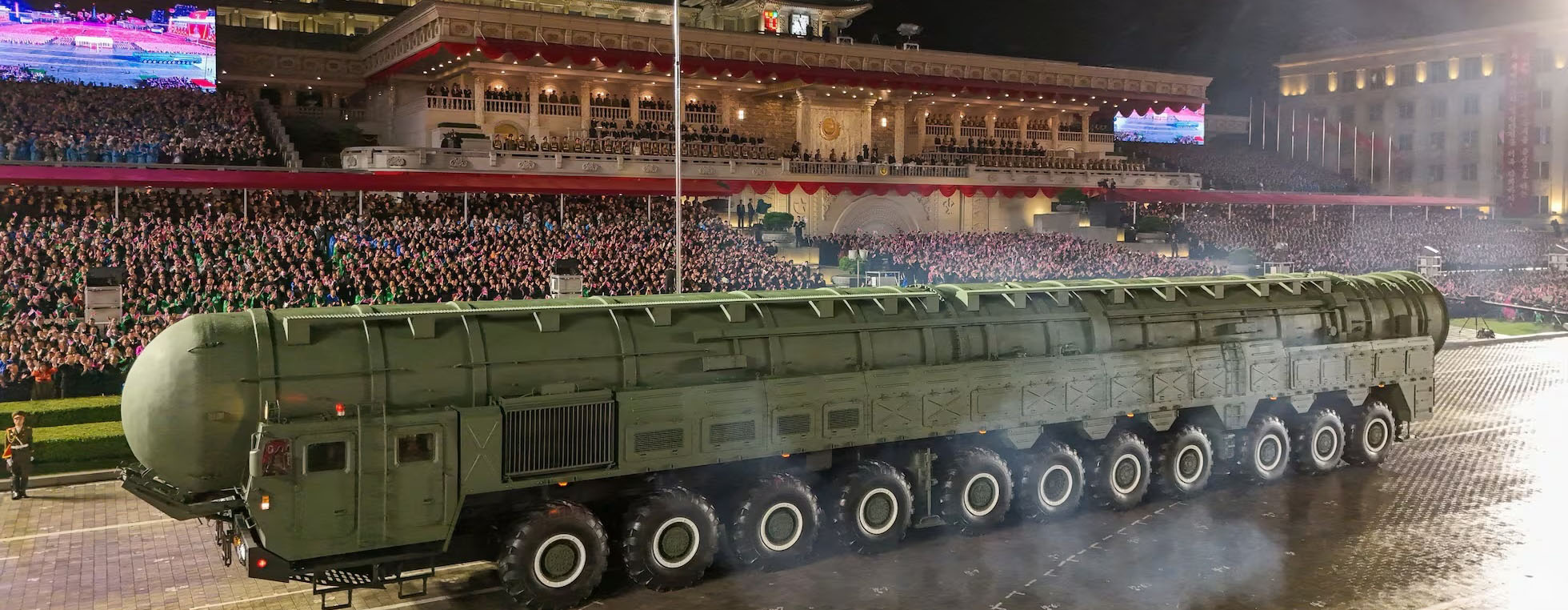The virtual seminar will be held from 12:30 to 2:00 p.m. (E.T.)
For almost four decades, the United States has tried and failed to stop North Korea's attempts to build nuclear weapons and the missiles to deliver them. One outcome is that North Korea now has nuclear-armed missiles that can reach the United States, and northeast Asia is on the verge of a nuclear arms race. This presentation explores the failure by American governments over many years to stop Pyongyang, looking specifically at the efforts by the Obama Administration and the first Trump Administration. It suggests that much of Washington's failed efforts to stop Pyongyang from advancing its nuclear weapon program can be explained by arrogance, ignorance, a lack of interest in compromise, and the tendency to rely instead on pressure and force.
About the speaker: Joel S. Wit is a Distinguished Fellow at the Henry L. Stimson Center in Washington DC, and former director of its 38North program which provides policy and technical analysis regarding North Korea. As a State Department official, he helped negotiate the 1994 U.S.-DPRK Agreed Framework and was in charge of its implementation until he left government in 2002. Wit subsequently served as a Senior Fellow at the Center for Strategic and International Studies and at the US-Korea Institute at Johns Hopkins University. He is a co-author (with Robert Gallucci and Daniel Poneman) of Going Critical: The First North Korea Nuclear Crisis (2004). His new book is Flashpoint: The Inside Story of How America Failed to Disarm North Korea (2025).
